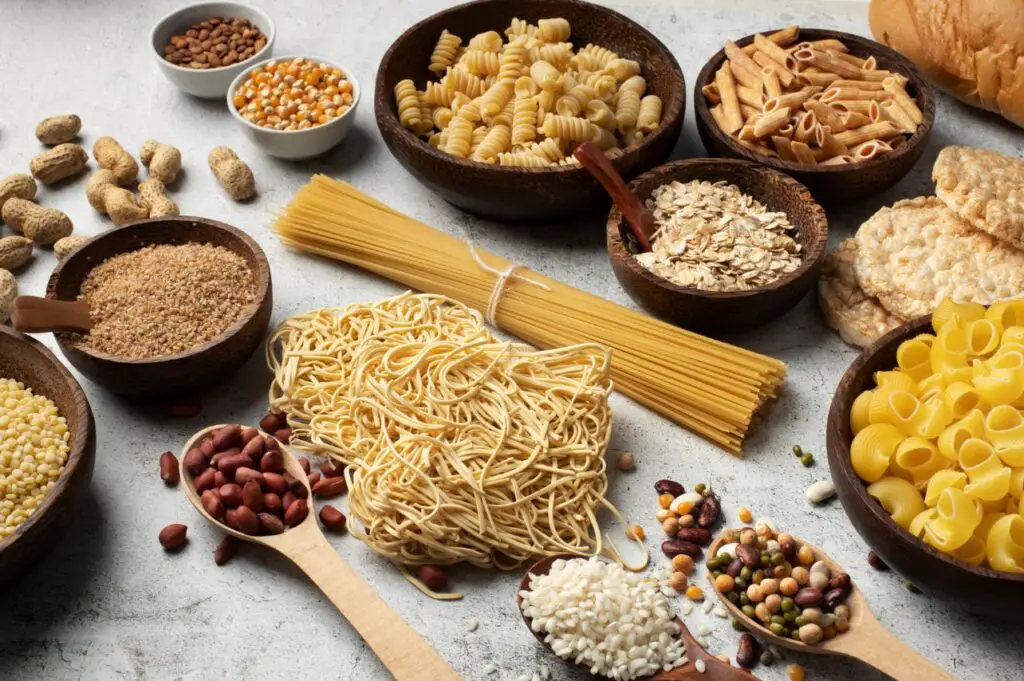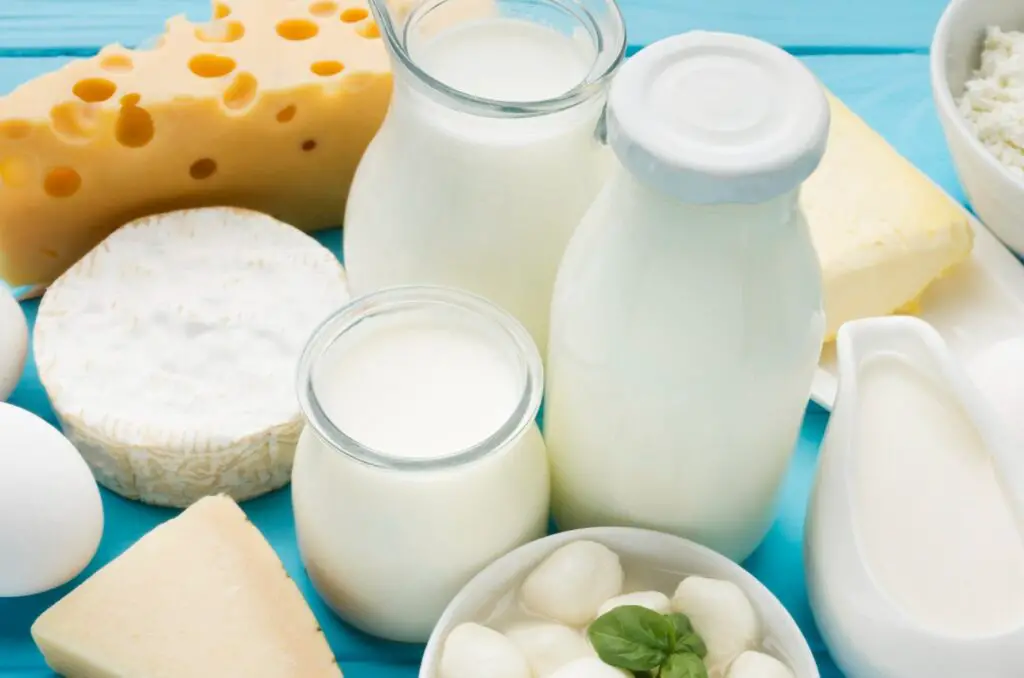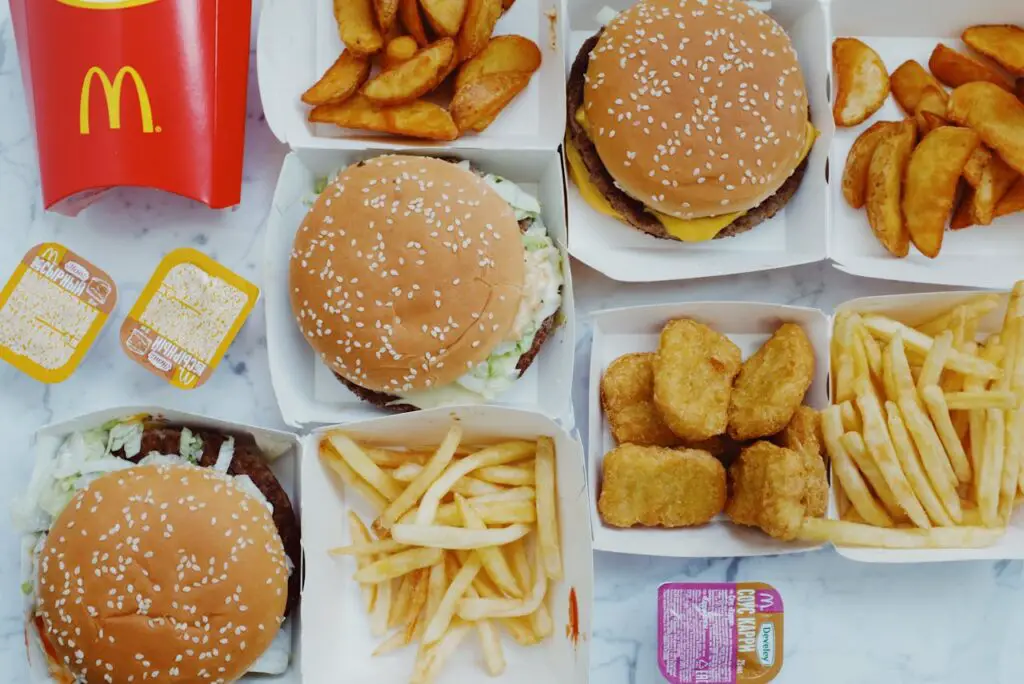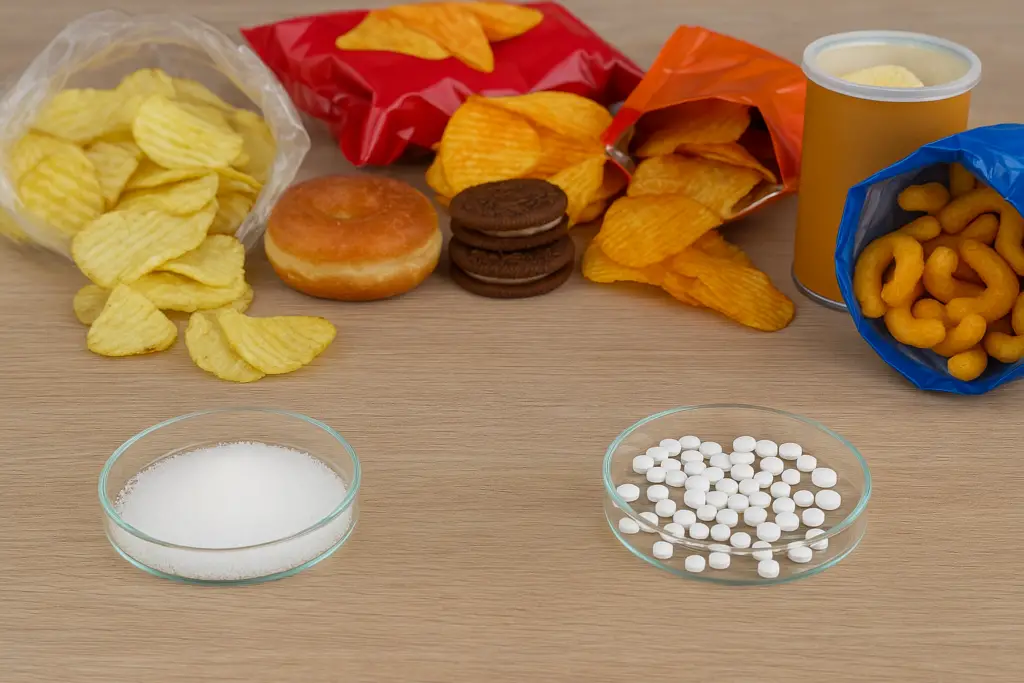7 Quick Wellness Tips That Fit Into Any Schedule

Wellness doesn’t have to take hours out of your day. You don’t need a fancy gym, special gear, or a whole afternoon to feel better. Sometimes, the small stuff adds up the most. A five-minute stretch, a glass of water, or a few deep breaths can shift your whole vibe. This list is for real life—when you’re busy, stressed, or just don’t know where to start. These seven tips are simple, fast, and easy to slide into your day, even when life gets wild.
Drink a Glass of Water First Thing

Your body wakes up a little dry. After hours without water, your brain, muscles, and skin all need a boost. One glass of water in the morning can kick-start your system and help you feel more alert. It sounds too easy, but it works. You can even leave a glass by your bed to make it part of your routine. Fun fact: even mild dehydration can mess with your mood and focus, so this one step can do more than you think.
Take 5 Deep Breaths Before You Check Your Phone

Your brain doesn’t need to wake up to a wall of news, emails, and texts. Before you scroll, stop. Just five deep breaths can lower your heart rate, calm your nerves, and set a better tone for the day. Try breathing in through your nose, holding for a few seconds, and then exhaling slow through your mouth. You’ll feel a small shift—and that’s the point. It’s not about big moves, just better starts.
Stand Up and Stretch Once Every Hour

Sitting all day does a number on your body. It tightens your back, stiffens your neck, and slows your blood flow. The fix? A simple stretch once an hour. Set a timer if you have to. Stand up, reach overhead, roll your shoulders, touch your toes—whatever feels good. It’s fast, free, and it works. Plus, it can help reset your focus if you’ve been staring at a screen too long.
Eat One Fresh Thing With Every Meal
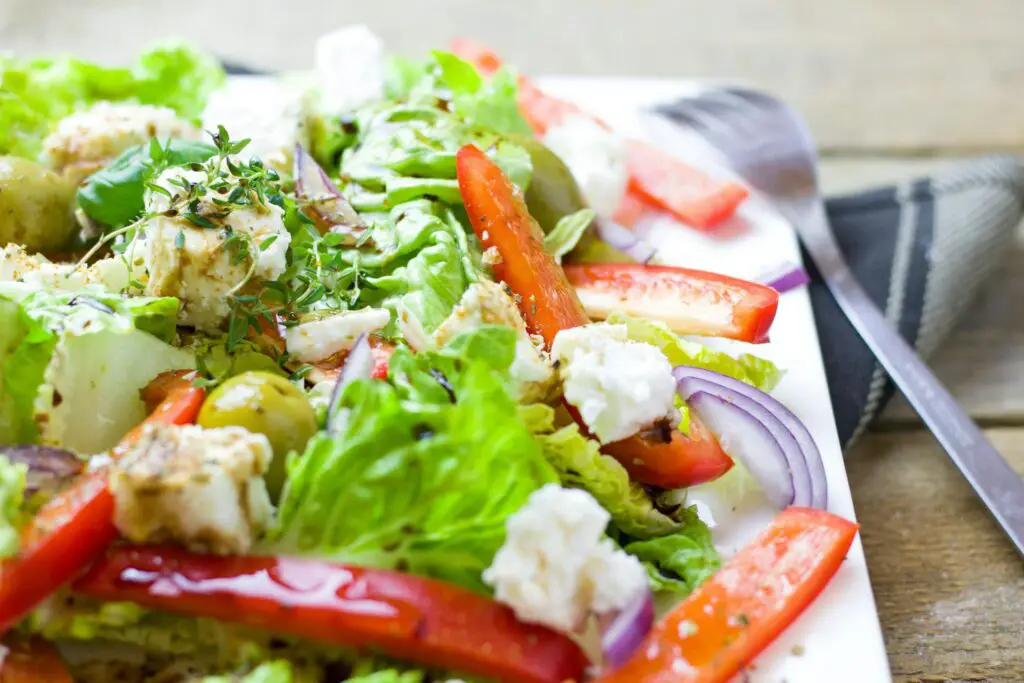
You don’t need to overhaul your diet to eat better. Just add one fresh thing—like fruit, greens, or raw veggies—at every meal. This adds fiber, boosts vitamins, and helps balance out heavier stuff. A handful of berries with breakfast, a side salad with lunch, or sliced cucumbers at dinner. Simple, right? You’ll feel the difference without tracking calories or cutting out foods you love. It’s more about what you add than what you skip.
Get Sunlight Before Noon

Sunlight helps set your body’s clock. It tells your brain to wake up and helps regulate your mood. Try to step outside within the first hour or two of waking up. Even five minutes of real light—no sunglasses—can help. It’s also tied to better sleep later. If you can’t go for a walk, open a window or sit by a bright spot. Morning light gives your body a boost with no effort at all.
Write Down One Good Thing Each Day

Your brain is wired to spot problems. That’s how we stay safe—but it can also wear us down. Taking a minute to write down one good thing that happened each day can shift your mindset. It doesn’t have to be deep. A warm coffee, a funny text, a task you finished—anything works. This habit builds over time and helps your brain notice more good stuff. It’s a small way to train your mind to look for light.
Move Your Body in Any Way That Feels Fun

You don’t need to “work out.” Just move. Dance in your room. Walk your dog. Stretch while watching TV. The key is to pick something that doesn’t feel like a chore. Even ten minutes of fun movement can boost your mood and ease stress. Your body was made to move, not sit all day. And when it feels good, you’ll want to do it again. That’s the secret: joy makes habits stick.
Conclusion

Wellness doesn’t have to be big or perfect. It just has to fit your life. These seven tips are short, sweet, and powerful. They work because they’re easy to start and hard to mess up. You don’t need to wait for the “right time” or “enough energy.” You can start now. One sip of water. One deep breath. One stretch. Wellness isn’t about doing more—it’s about doing what works.





















